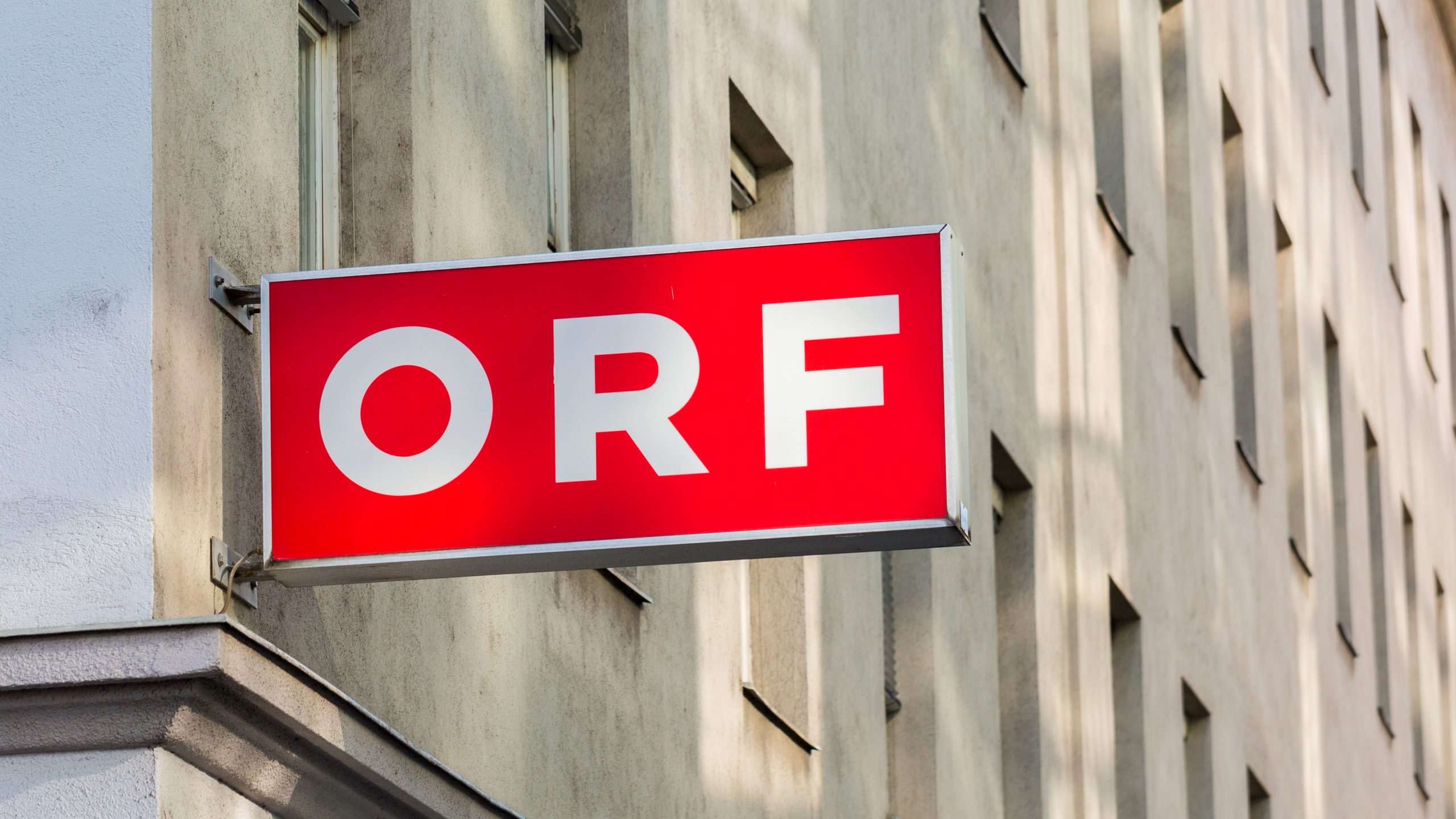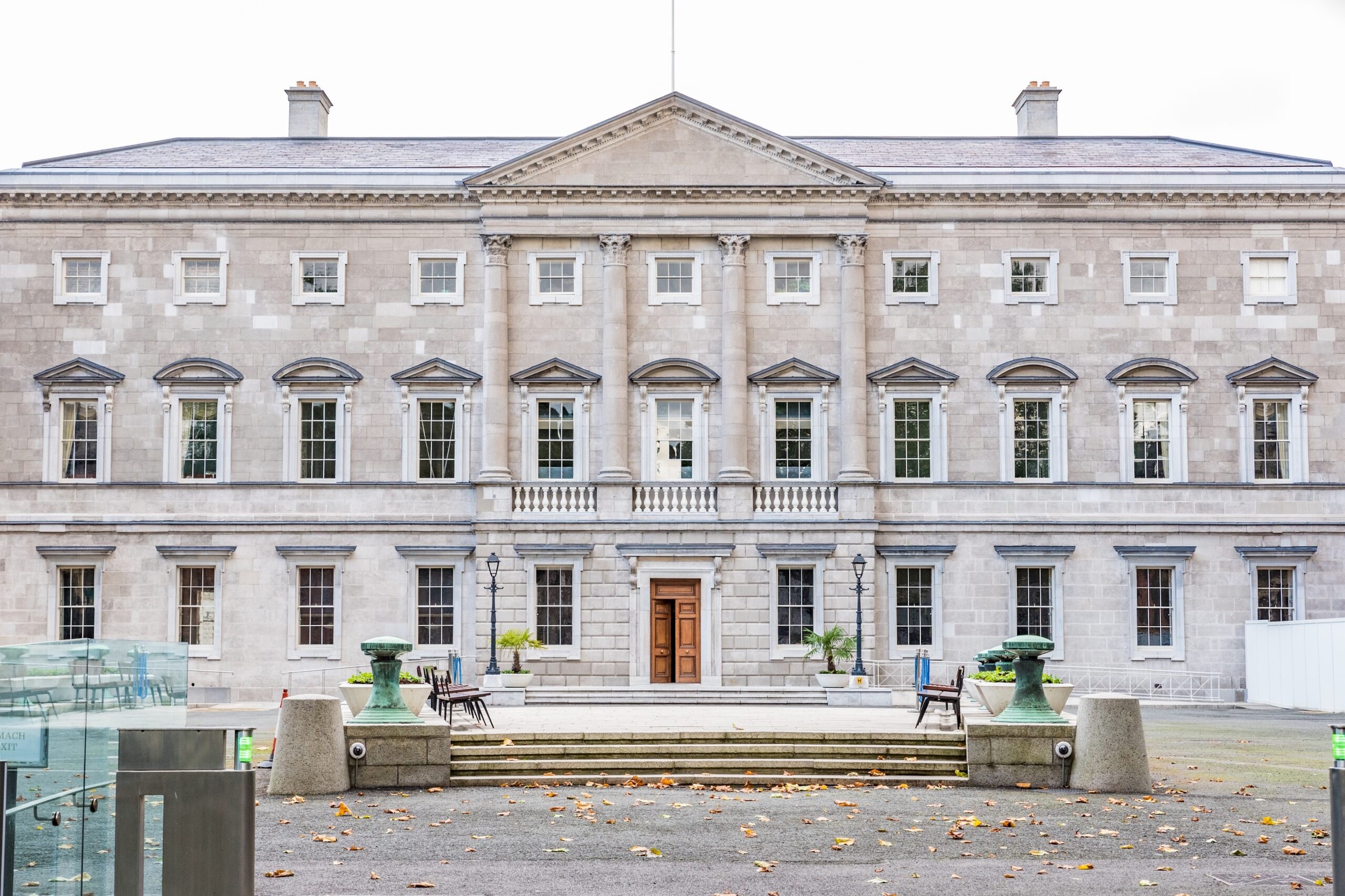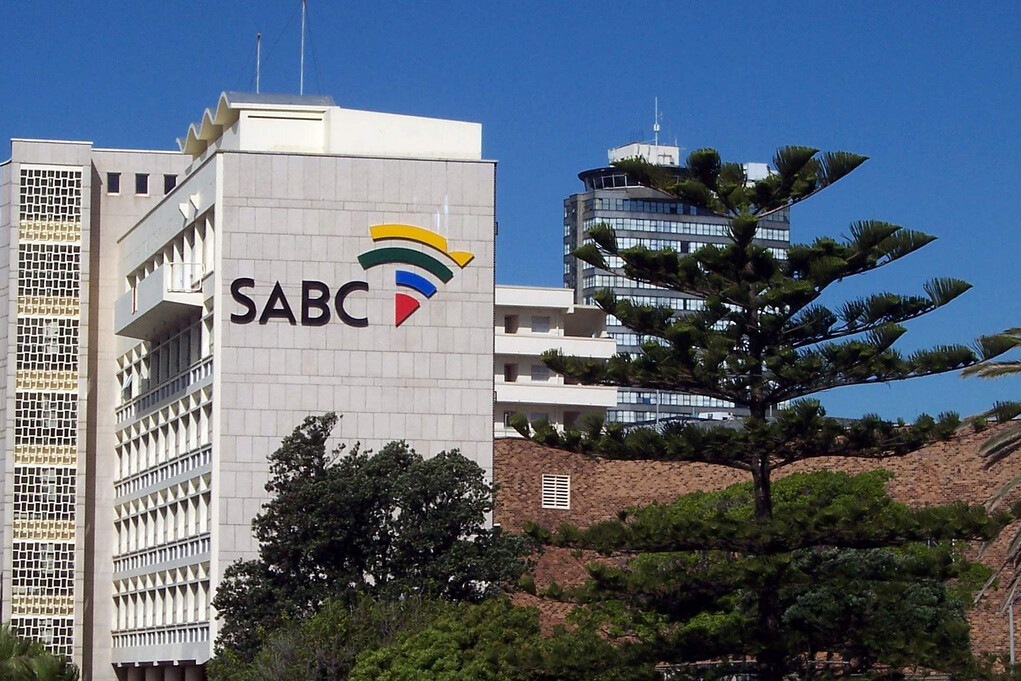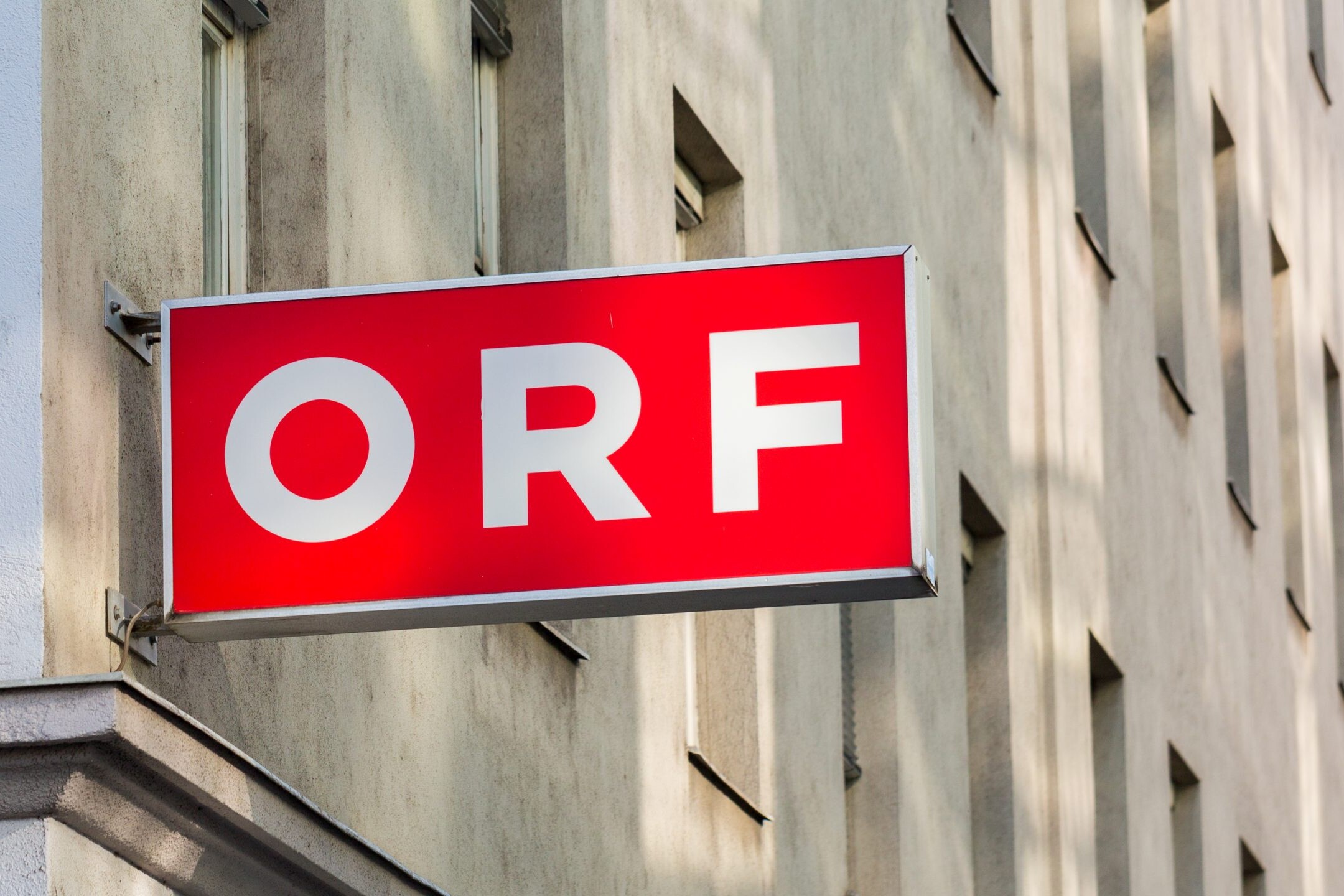Household levy suggested for ORF as it looks to cut €300 million
2nd March 2023
Austria’s public broadcaster, ORF, has been ordered to identify where it could reduce expenses, as the government looks set to change its funding model to a household levy.

The Radio Symphony Orchestra (RSO), the ORF Sports channel, and two streaming portals have all been touted as possible savings for Austria’s public broadcaster, ORF. In February, the Director-General of ORF, Roland Weißmann presented the package of cuts which could see up to €320 million saved by 2026.
Cost-cutting measures have been driven primarily by the government, a coalition between the centre-right Austrian People’s Party (ÖVP) and the Greens. The Greens have advocated changing the funding model away from the current licence fee (GIS) to a household levy instead. But ÖVP approval was conditional on cuts, and the Media Minister, Susanne Raab, asked for significant austerity measures at the broadcaster. The ÖVP has followed other countries in Europe which have sought to reduce the amount taxpayers have to pay for their public broadcaster amid a cost-of-living crisis.
Read more: ORF: New leadership, a licence fee increase, and independence concerns
While it has not been fully confirmed that ORF will transition to a new funding model, Ms. Raab welcomed the package announced by Mr. Weißmann, describing it as a “step in the right direction.”
A household levy has been identified as a preferred option in many countries as it is device independent – meaning households do not need to own a TV to have to pay it. In Austria, it recognises audiences use a host of different devices to access ORF content, not just through linear broadcast, and it also means 100,000 extra households would now have to pay for it.
A decision on funding has been impending ever since a Supreme Court ruling in 2022. Prior, GIS fees were waived for those who only streamed ORF content. The Supreme Court ruling blocked this, hence making a change necessary.
ORF’s Board of Trustees is reportedly happy with the household levy as the best alternative funding option. It allows ORF to continue its public service mission, while also providing “the greatest possible independence from politics,” said Thomas Zach, head of the ÖVP “Freundeskreis” in the ORF foundation board and chairman of the finance committee.
However, the budget cuts have not been finalised – they will be reviewed by the broadcaster’s Board of Trustees on 23 March. In the meantime, there has been a significant outcry from various parties about where the broadcaster is looking to make cuts.
“It’s really about an attitude,” the artistic director of the RSO, Angelika Möser said. “I would find it fundamentally wrong if the orchestra were to be discontinued. In Europe, practically every country has at least one radio symphony orchestra. If Austria, a land of music, thinks it’s possible to do without the ORF radio symphony orchestra, then that would be a fatal signal for the entire European musical landscape.”
The Greens have also criticised the decision to axe the RSO. “It cannot and must not be the case that this wonderful orchestra falls victim to austerity measures,” said the Green Secretary of State for Art and Culture, Andrea Mayer. “There must be a solution for the continued existence of the RSO.”
Meanwhile, there have been efforts to preserve ORF Sport Plus, a channel which features lesser-known or watched sports. “Sport needs the ORF, and the ORF needs the sport,” said Sport Austria President Hans Niessl. Olympic gold medallist, Anton Innauer, praised the channel. “You can see what this station means not only for secondary sports. It’s vital for them anyway. They need the TV presence. I’m a fan of non-commercial sports, I like to watch a lot of them, for example table tennis. I don’t see that in ORF 1. That’s also culture.”
SPÖ, Austria’s main political opponents, have criticised the policy of the government. “What the government is doing here is damaging to the company,” said their media spokesperson, Jörg Liechtfried. “The ÖVP is apparently still on a destructive trip against public broadcasting with Media Minister Raab as a willing executor.”
Subscribe toour newsletter
Keep updated with the latest public
media news from around the world
ORF not alone in its predicament
The uncertainty currently surrounding ORF is not uncommon for broadcasters across Europe, a number of which are going through an extended period of change. Governments in countries such as the UK, France, and Ireland are all looking to change the licence fee to a different funding model.
In the UK, the licence fee has been frozen for two years, and could end entirely by 2027. In Ireland, a technical group is due to report back to the government on an alternative funding model. In France, the licence fee was ended last year and public media was instead funded through VAT, although a longer-term solution is still being identified. The household levy – akin to the one in use in Germany – has been mooted as an option.
For the Swiss public broadcaster, SRG SSR, there is currently a campaign ahead of a referendum to reduce the licence fee. ‘200 francs, ça suffit!’ [200 francs, that’s enough] was launched last year to bring the payment down from 335 francs per year to 200. In response, SRG SSR’s Director-General, Gilles Marchand, outlined what the consequence of such a cut would be. The scope and budget of the broadcaster would be halved, and “There would also be very significant job losses.”
This is the impact of cuts. The UK’s licence fee freeze has seen a scaling back of some BBC services. Cuts to the ABC ended their Pacific programme, which has been restarted since their funding levels were restored.
Independent public service media underpin informed democracy. It is critical that policy makers, politicians and the public alike understand the impact cuts to their services can have. For ORF, the government’s demand for cuts has meant cutting services that provide immeasurable cultural value to Austrian audiences. They have the potential of undermining the value that broadcasters are mandated to provide, leaving society – culturally, socially, and democratically – worse off as a result.
Related Posts
30th November 2021
ORF: New leadership, a licence fee increase, and independence concerns
A new Director-General will lead ORF…



